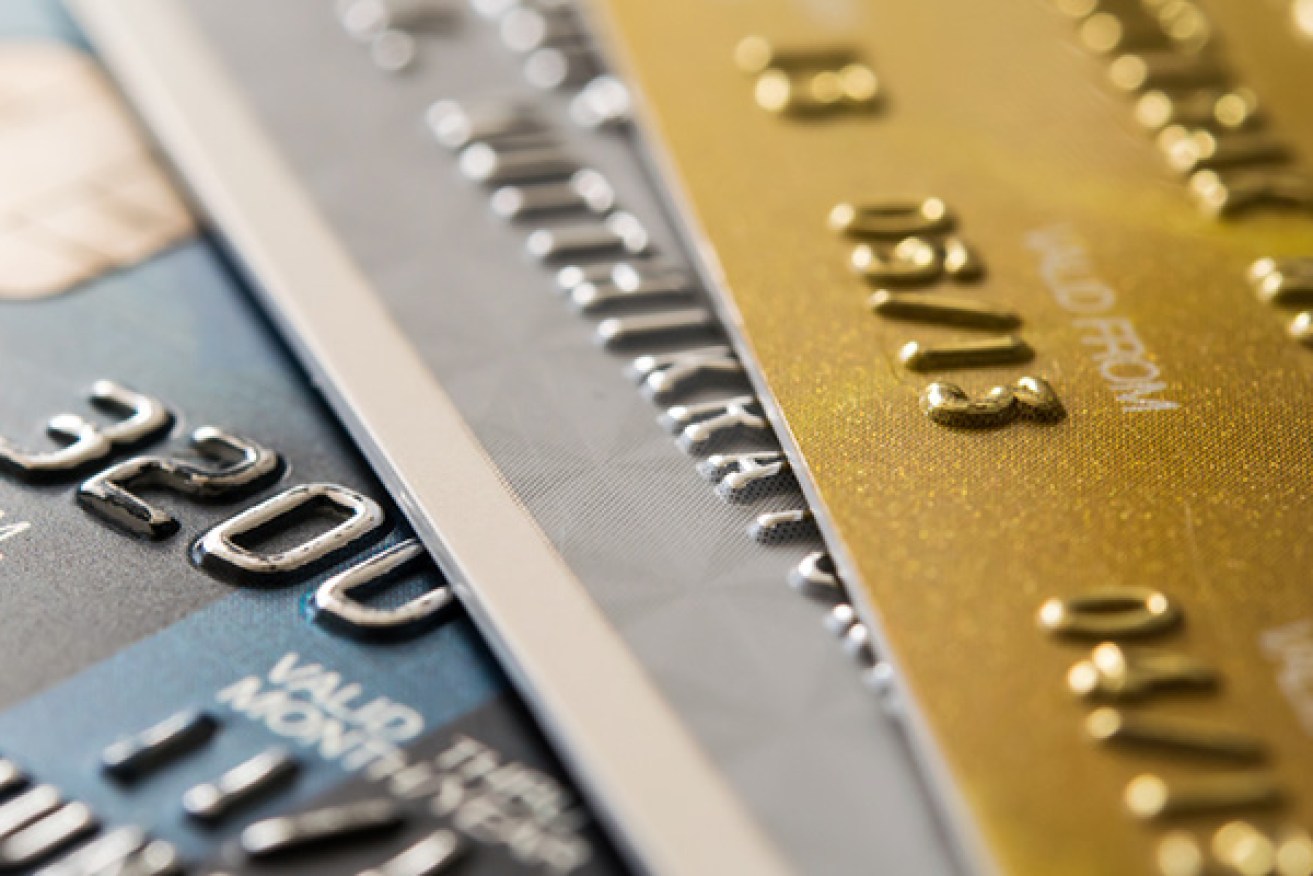Card surcharges could face axe

Sometime in the next month, Treasurer Joe Hockey is expected to announce the federal government’s policy response to the Murray Inquiry’s recommendations for reforming the financial system.
One of David Murray’s most important recommendations from the perspective of consumer advocates concerns his proposal for caps to be imposed on merchants who levy surcharges on low-cost payment methods such as debit cards.
Mr Murray recommended that the government take action to prevent merchants from slugging customers for debit card transactions.
• An Aussie love affair that could lead to heartbreak
• Why your home loan could soon rise sharply
• Australia’s top 10 super funds revealed
According to the research undertaken by Reserve Bank, most merchants incur costs of around 24 cents on EFTPOS transactions compared to more than 50 cents for a credit card used at a merchant’s terminal.
The central bank found that the average cost to merchants of accepting credit card payments over the phone or via the internet was about $1.72 in 2013.
Mr Murray’s final report recommended that a flat fee be introduced to stop merchants from recouping more than the real cost of EFTPOS payments.
Many service providers including Qantas, Virgin Australia, and most taxi companies impose surcharges on debit cardholders, which bear little relation to the actual cost of facilitating payments.
Here’s a list of the surcharges these service providers levy:
• Qantas: $10 for international flights
• Virgin Australia: $10 for international flights
• Silver Top Taxis, Melbourne: 10 per cent surcharge (according to its website)
• Most Taxi companies in NSW & VIC: 5 per cent
Debit card rorts on the chopping block
For more than a decade, these and many other service providers have been milking free money from consumers without having to justify their rorting.
Merchants have been able to swindle extra cash from customers by generating a public perception that all card payments are equally expensive to process.

Shareholders – we have lift off, courtesy of some exorbitant fees we’re charging customers.
As the Reserve Bank research shows, this is a distortion of the relative operating costs of these payment methods.
The Murray Inquiry wants the transaction costs of the different payment instruments to be reflected in the total prices that are charged to consumers for goods and services.
Mr Murray’s bottom line is that the cost of debit card transactions executed through the EFTPOS network is so small that they should actually be abolished.
One can only hope that the government will move swiftly to implement the recommendation.
Swift reform might also be timely because in the last week, the company that operates the EFTPOS system, EFTPOS Payments Australia, has signalled that the fee it charges banks for each transaction will rise from one cent to 1.5 cents over the next 12 months.
The banks will no doubt pass the additional cost to merchants, some of who might be tempted to conflate the impact on their businesses and slug customers a little extra.
The repricing of EFTPOS fees will only have a marginal impact on the relative costs that merchants incur between accepting debit and credit cards.
“Following this change, eftpos Transaction Scheme Fees will still be significantly lower than the fees of the international card schemes,” said EFTPOS spokesman, Warwick Ponder.
Credit card surcharges should also fall
While consumer advocates are hoping that the Murray Inquiry recommendation on EFTPOS charges is implemented, they are also waiting to see whether the government will try to stamp out the ridiculously high surcharges on credit cards.

Easy, but not cheap. Credit cards are expensive money.
Although the Inquiry recognised that merchants were absorbing higher costs on payments made with credit cards, it also observed that surcharges imposed on consumers were often exorbitant.
The solution, according to members of the Inquiry, was for a division of the Reserve Bank – known as the Payments System Board – to impose enforceable limits on what merchants can charge credit cardholders.
According to the Reserve Bank, 17 per cent of Australian businesses were levying surcharges on Visa and MasterCard users in 2013.
While these fees are defensible on the grounds that credit card payments are more expensive for merchants to process, the size of the surcharges has soared way beyond the average cost of processing payments.
A 2014 research study by consumer advocate, CHOICE, found that local airlines were blatantly using credit card surcharges to fatten their bottom lines.
Even though Visa and MasterCard charged the airlines a merchant service fee of only 0.81 per cent of air ticket prices, the air carriers were slapping on surcharges that were more than 2600 per cent above that cost.
Average merchant service fee for MasterCard and Visa: 0.81 per cent.
Airline mark-ups on that average merchant service fee as at January 2014:
• Qantas 339 per cent for a $197 ticket
• Virgin Australia 412 per cent for a $185.70 ticket
• Jetstar 2312 per cent for an $87 ticket
• Tigerair 1479 per cent for a $132.90 ticket
The Murray Report called for greater regulation of surcharging practices across the payments system.
It also proposed several ways to protect consumers from predatory surcharging in the future.
If the Abbott government elects not to implement these recommendations, Mr Hockey should furnish a clear explanation for why he is not prepared to give those merchants that engage in graft a boot in the backside.








